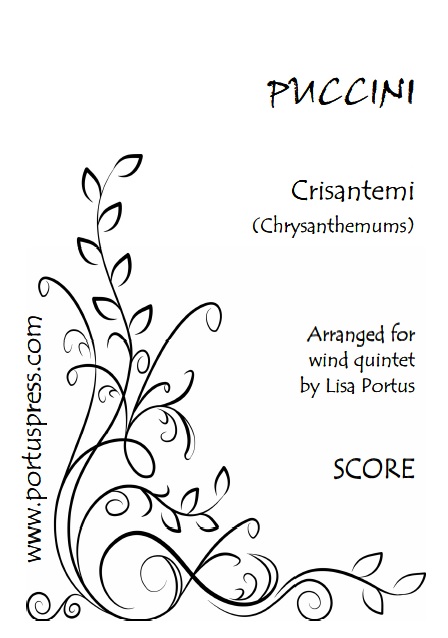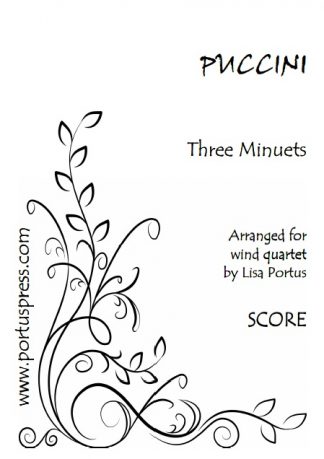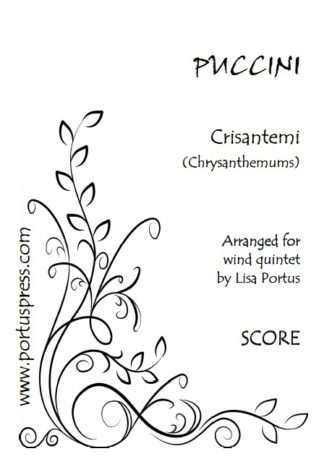Description
Chiefly known as an operatic composer, Giacomo Puccini (1858-1924) wrote little instrumental music beyond his student days. Crisantemi (1890) – originally written for string quartet – is an exception, and a very beautiful one at that. Puccini claimed to have written it in just one night, after hearing of the sudden death of his friend, the Italian Prince Amedeo of Savoy, Duke of Aosta (and one-time King of Spain).
This touching elegy takes its name from the chrysanthemum, a flower traditionally associated with funerals in Italy. In ternary form it is based on two plaintive themes: one of restless but fragile beauty, whilst the second is more mournfully expressive. Puccini reused both themes in his opera Manon Lescaut (1893), his first major success.






